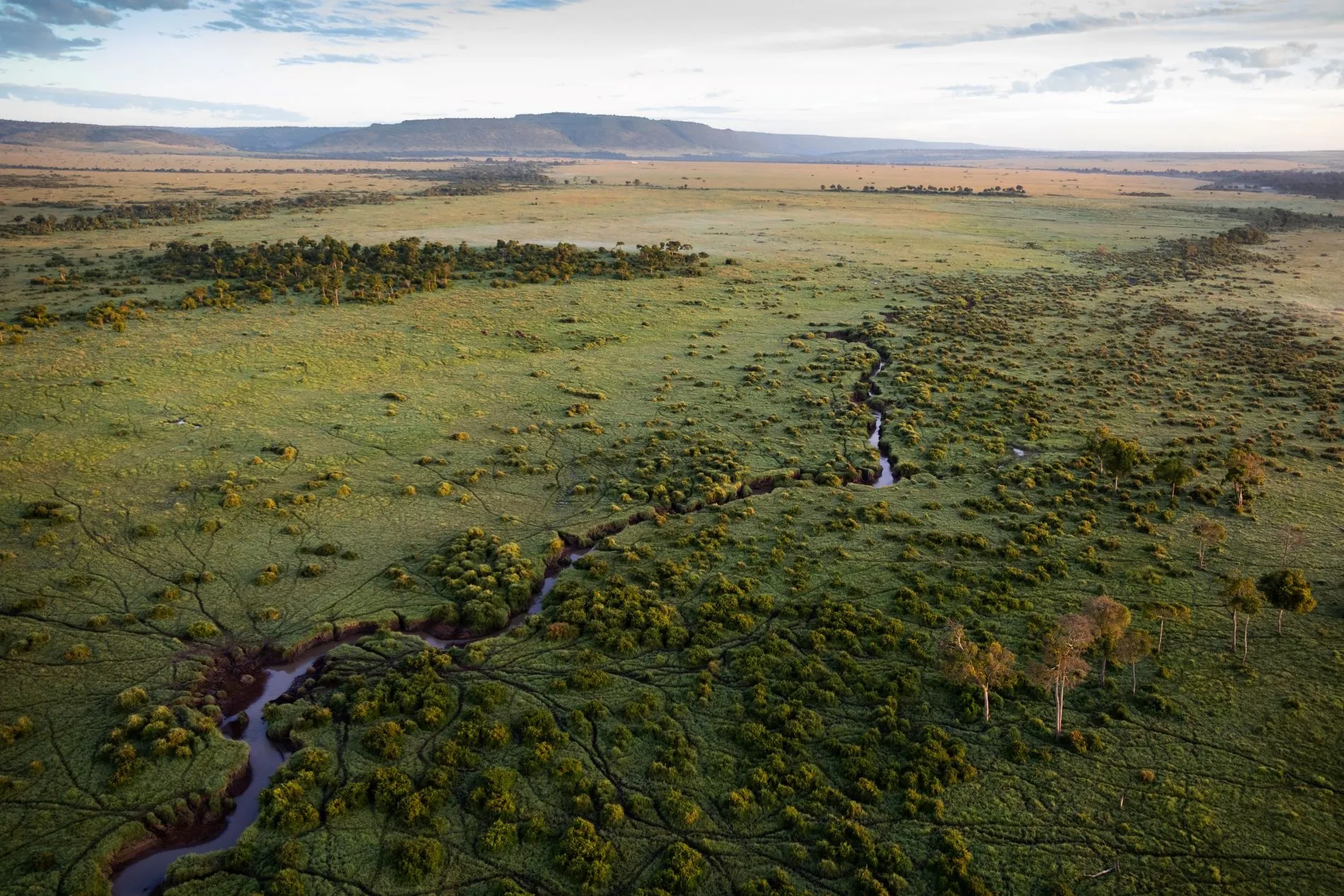
News
Angola must beat challenges to tap huge diamond potential - study
LUANDA - Angola's century-old diamond industry has "huge" potential for growth, but to tap it the country needs to develop transport links and services for mining companies, and make geological data more accessible, according to a new study.
Angola is the world's fourth-largest diamond producer by value, and sixth by volume, and the government is keen to boost a sector where few companies are currently drilling.
"The country is endowed with both kimberlites and alluvial diamond deposits, many of those still await development," analysts at the Sinese economic geology consultancy and the sub-Saharan investment bank Eaglestone said in the study, published on Friday.
"Probably many more deposits have yet to be explored and discovered in a territory with huge potential for diamonds."
Angola's diamond industry, which began 100 years ago under Portuguese colonial rule, is dominated by the Catoca mine, the world's fourth largest.
Russia's Alrosa and Angola's state-owned Endiama each own 32.8% of the mine, which is responsible for about three-quarters of the diamonds extracted in Angola.
The global financial crisis in 2008 hit the sector hard and led to the closure of several mines and projects, with the result that output slumped by a third in 2009 to $804m. It has still not recovered to pre-crisis levels.
In 2011, the government introduced a new mining code intended to boost exploration for diamonds and other minerals, and help diversify an economy that depends heavily on oil.
The study said the code was a step in the right direction, but that more was needed, including reliable transport links - which were improving, but too slowly.
Angola should also emulate Brazil and Canada, where public availability of basic geological information has boosted development, the study said.
Another major challenge is the lack of support services for the industry, including drilling contractors, topography services and laboratories.
Angola is Africa's second-largest oil producer after Nigeria, and crude has tended to dominate the attention of government and investors at the expense of other sectors.